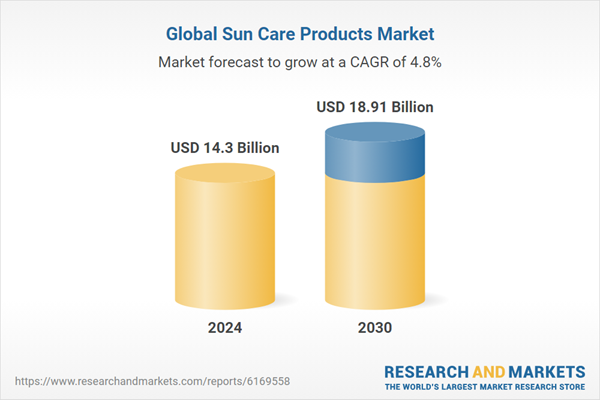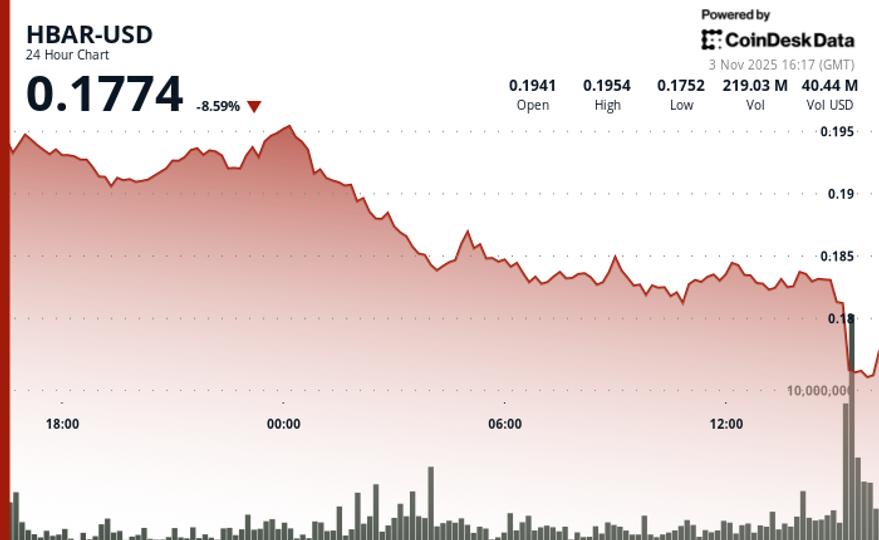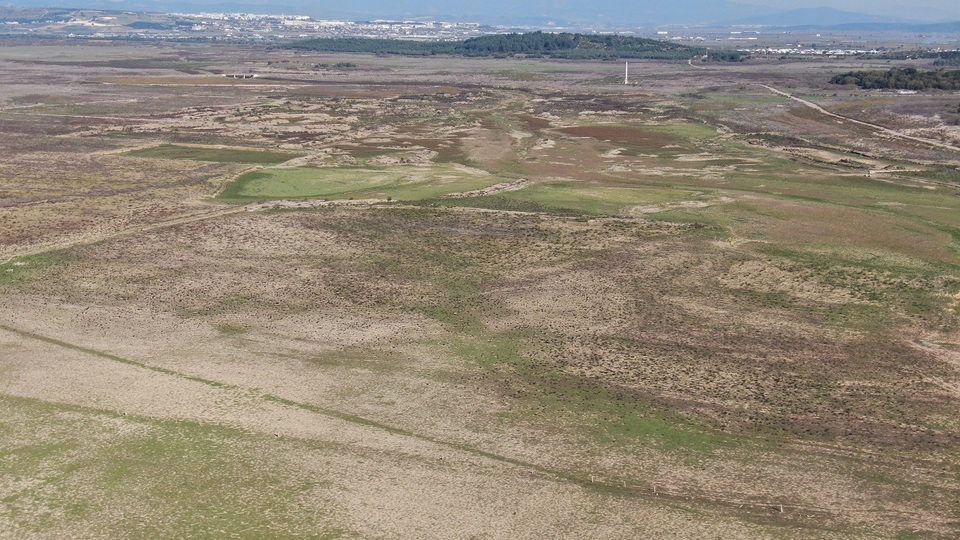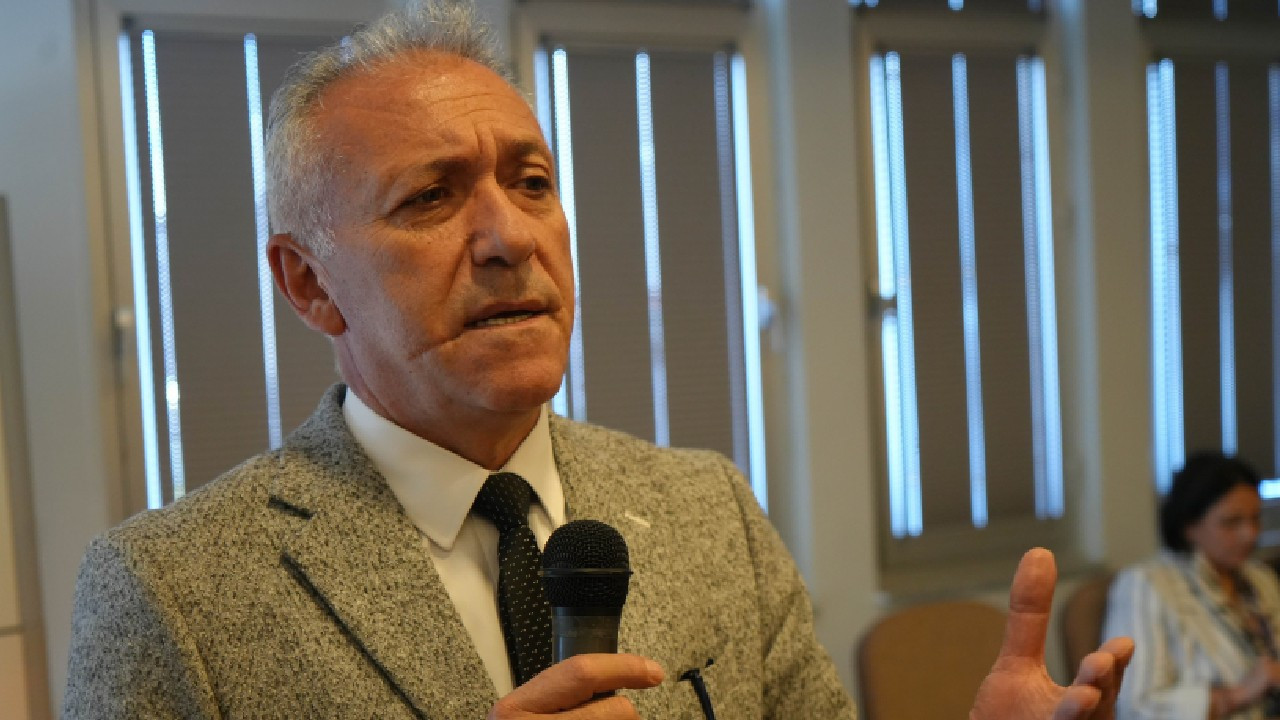
Growth Expectations in the Sunscreen Market!


Developments in the Global Sun Care Products Market
The global sun care products market is expected to expand with a 4.77% compound annual growth rate between 2024 and 2030. The reasons behind this growth include increasing awareness of skin health and the impact of effective marketing. Leading players in the market include Beiersdorf AG with its NIVEA brand and Johnson & Johnson with its Neutrogena brand, which are notable for their new and innovative products. For example, NIVEA's personalized sun protection products and Neutrogena's Ultra Sheer Mineral Sunscreen developed in collaboration with famous WWE star John Cena stand out as significant innovations.
North America holds a leading position in this sector with over 35% market share. The sun protection segment has the largest market share, while creams and lotions are the most preferred product formats. Additionally, online sales channels continue to grow rapidly due to consumer convenience.
The global sun care products market has become quite competitive and fragmented in recent years, with a report providing exclusive data on 31 vendors. Major players lead the market thanks to their extensive R&D capabilities, strong distribution networks, and comprehensive brand portfolios. Developing products that align with the clean beauty movement and creating a strong brand message with social media influence are among the current market trends followed by major brands.
Companies are making significant investments in developing new products to reach a wider consumer base and remain competitive in the market. Investments in areas such as formulation technology, packaging design, and ingredient science enable companies to compete in the global market. Firms are also acquiring innovative brands and smaller companies to expand their portfolios, enter specific market segments, and gain access to new technologies. Connecting with customer lifestyles and creating a strong brand identity emerge as key focal points in this process.
In the global sun care products market, the North America region leads with over 35% market share. The development of this market is supported by factors such as an active outdoor lifestyle, awareness of skin cancer, demand for multifunctional products, and intense interest in anti-aging. Particularly, families are looking for easy-to-use, fragrance-free, and hypoallergenic products for their children. Furthermore, the demand for after-sun care products is increasing in the US and Canada, as the need for skin recovery related to sun exposure is rising.
During this period, the growing interest in mineral-based sun care products, combined with an emphasis on ingredient transparency and environmental responsibility, is contributing to the rapid growth of the market. Hybrid formats such as tinted moisturizers and SPF-focused foundations are also on the rise. All these factors continue to boost the demand for sun care products in North America.
The Middle East and Africa region is noteworthy for its 6.04% fastest growth rate. This region is progressing as a new market for sun care products, with increasing awareness of skin protection and a hot climate creating a constant need for sun protection. The growth of the travel and tourism sector is increasing the demand for sun care products among local consumers and international tourists, especially in countries like Saudi Arabia and the United Arab Emirates. Particularly in the GCC countries, the increasing disposable income is expected to continue enhancing the demand for luxury and premium sun care products.
AI integration and smart beauty applications are among the key factors helping the growth of the sun care market. Companies incorporating smart features are gaining a competitive advantage. Additionally, technologies such as augmented reality are providing consumers with an educational and visual experience regarding sun safety, thereby generating demand.
Another major driving force of the sun care products market is the increased awareness of skin health. Consumers are becoming more aware of the effects of UV rays on the skin, leading to a higher demand for natural and aesthetically pleasing sun protection products. Moreover, the rising popularity of influencer marketing is having a significant impact on younger consumers.
In conclusion, the sun protection segment holds over 77% market share, and the overall growth of the market appears sustainable, particularly due to the high awareness of skin health and the increasing popularity of influencer marketing.
```Benzer Haberler
.png)
Yakında Tüm Platformlarda
Sizlere kesintisiz haber ve analizi en hızlı şekilde ulaştırmak için. Yakında tüm platformlarda...





.png)